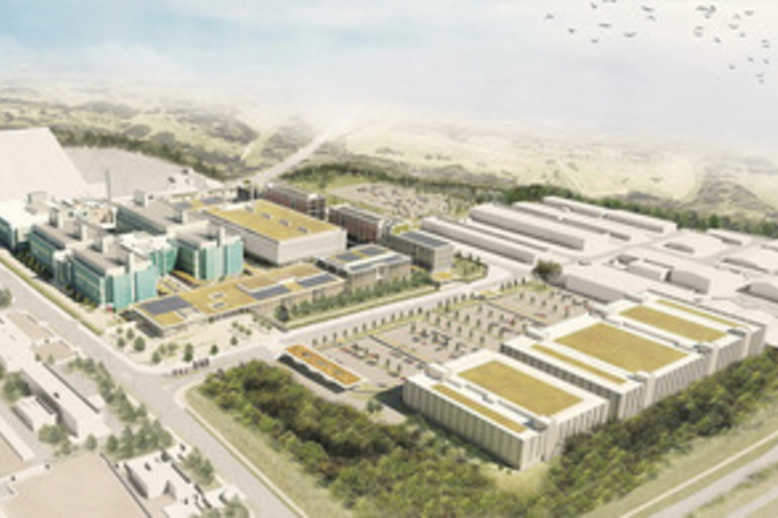
UK construction companies Kier Group, Wates Construction and VolkerFitzpatrick have been chosen to develop Public Health England’s (PHE) £400m public health science campus and headquarters at Harlow, Essex.
The project involves building and renovating new and existing laboratories and office areas, new arrivals area and logistics centre along with site-wide infrastructure, including car parking.

Discover B2B Marketing That Performs
Combine business intelligence and editorial excellence to reach engaged professionals across 36 leading media platforms.
Work is expected to commence on site next month. Construction and site design and preparation are due to start in 2019. The project is expected to be complete in 2021.
The PHE Harlow project will be delivered through four lots. This includes the construction of a specialist bioscience laboratory building undertaken by Kier Group.
The second and third lots will be developed by Wates Construction. They will include a revamp of the main building, including laboratories, offices, and logistics buildings.
As part of the fourth lot, the development of site-wide infrastructure, external works and energy centre will be handled by VolkerFitzpatrick.

US Tariffs are shifting - will you react or anticipate?
Don’t let policy changes catch you off guard. Stay proactive with real-time data and expert analysis.
By GlobalDataPHE Harlow campus for public health research, health improvement and protection is expected to employ up to 2,750 people by 2024, with scope for further expansion.
The relocation of PHE facilities in Porton and Colindale in north London and headquarters in central London, UK, to a single integrated campus was planned following an interim decision in 2015.
Wates Construction Home Counties managing director Ian Vickers commented: “PHE Harlow will play a pivotal role in improving public health, providing state-of-the-art facilities for industry-leading scientists and doctors to address some of the most pressing medical and environmental challenges the world is currently facing.”
The campus will enable PHE to adopt new technologies of whole-genome sequencing, public health interventions and ‘big data’. This is hoped to transform the delivery of public health science.
The science campus will be fully operational by 2024.





